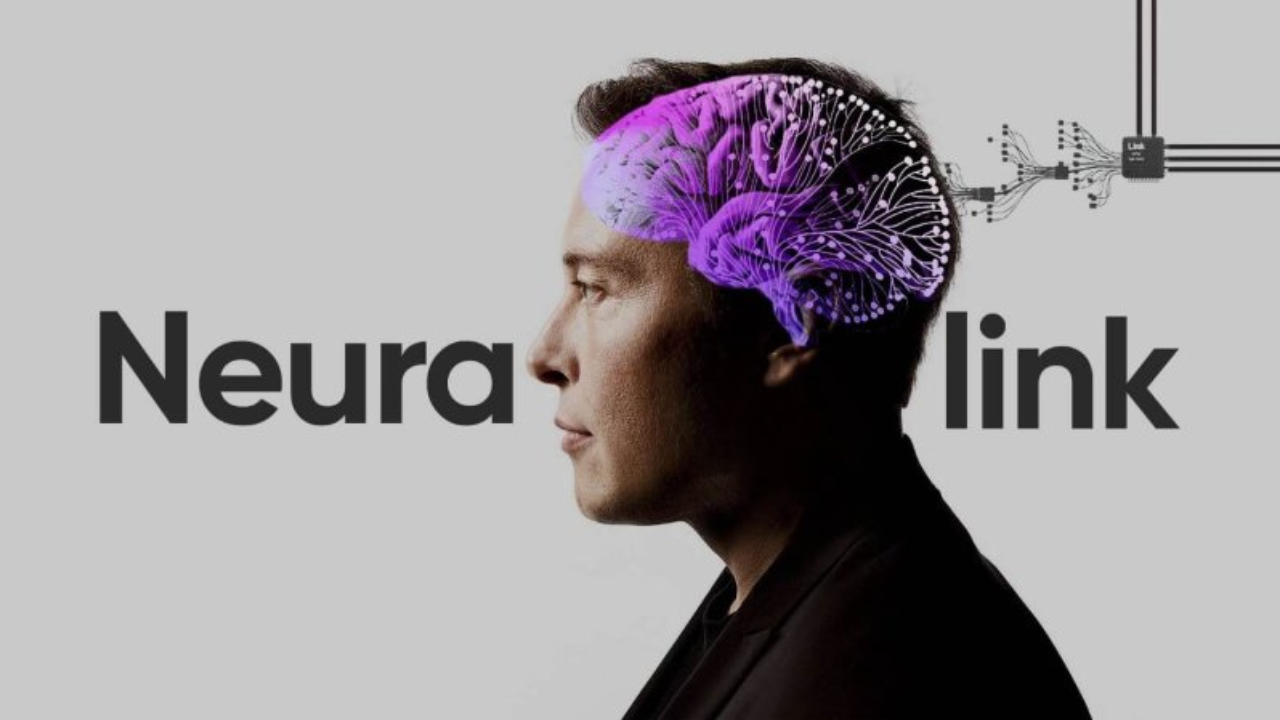According to Reuters, the FDA has stymied Neuralink’s efforts to provide a brain-computer interface that is orders of magnitude superior to what is currently available. The company’s application to begin human testing was reportedly rejected by the agency last year, a somewhat expected setback that appears to have irked backer Elon Musk.
According to the reliable report, the company submitted a bid for human testing in 2022, but it was turned down due to a number of concerns. The implant’s “neural lace” may move through the soft tissue of the brain; The device might get too hot; The battery that was inserted could fail; The brain could be damaged by removal regardless of failure, rejection, or infection.
These worries are completely understandable, and it is not uncommon for medical devices to be rejected due to potential safety issues because their makers either failed to properly test them or hoped the regulator wouldn’t notice. Most of the time, people go back to work and try again a year later.
At Neuralink, that may very well be the situation; Nothing reported by Reuters sources suggests that anyone is lamenting their misfortune. However, some individuals have reported Musk’s surprise at the sluggish pace of progress.
However, the FDA is correct to be cautious: Neuralink has been cited for animal cruelty in its animal testing, in addition to proposing a brand-new robotic implantation method and an entirely new in-body electronic system.However, there are rules about what tests should and shouldn’t do to animals, and Neuralink may have gone above those limits in order to move faster.
The company has seen leadership leave for a variety of reasons; One of the co-founders is leaving to start Precision Neuroscience, a new company that makes brain implants and recently raised $41 million.
Neuralink, like Musk’s other businesses, is very secretive, only sharing progress through carefully planned events on occasion, making it difficult to gauge progress and setbacks. However, even though a working implant in a monkey that appears to be happy is encouraging, it is not necessarily evidence that the technology is ready for human testing. And when, despite what appears to be a non-trivial rejection from regulators, the company only says “soon, very soon” for years, we begin to doubt.
Without making the kind of promises that Musk has made on behalf of Neuralink, the majority of businesses operating in this sector have been doing so for years, including obtaining approval from the FDA for human testing and use. Although implanting foreign matter, let alone a substantial amount of it, into the brain is fundamentally dangerous, this technology in all its forms represents a potential breakthrough for individuals with debilitating conditions. The FDA reportedly wants a company to demonstrate that the implants are safe on a fundamental level before it can pursue such lofty applications as restoring sight and mobility.

